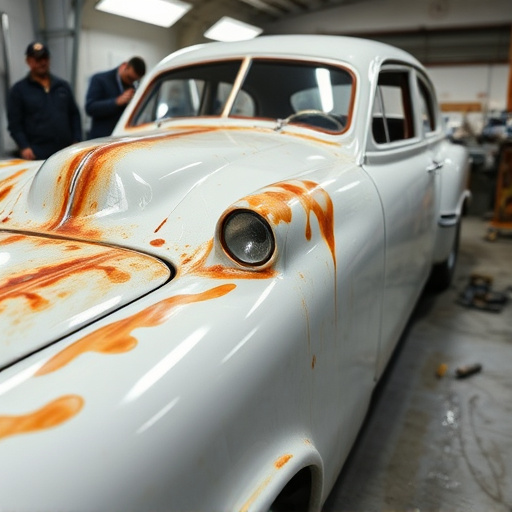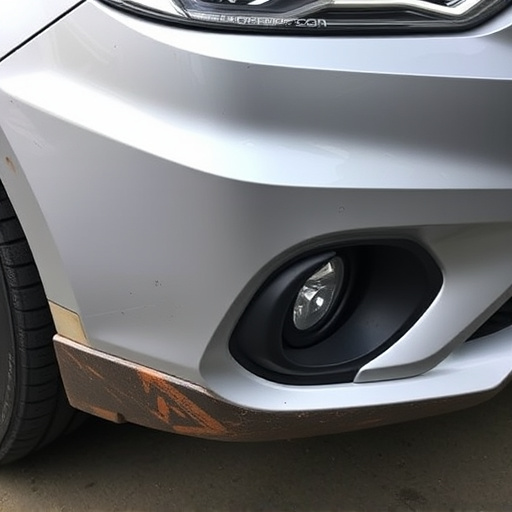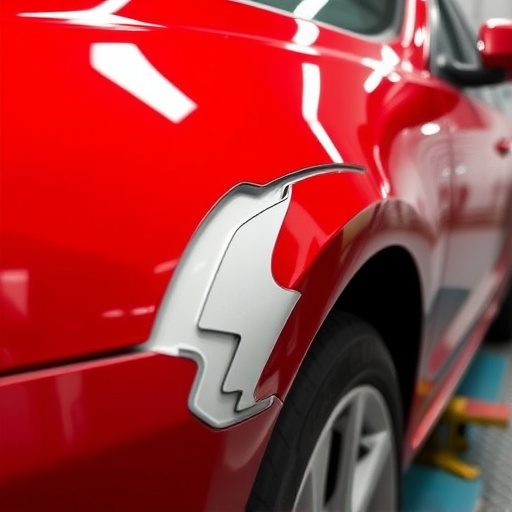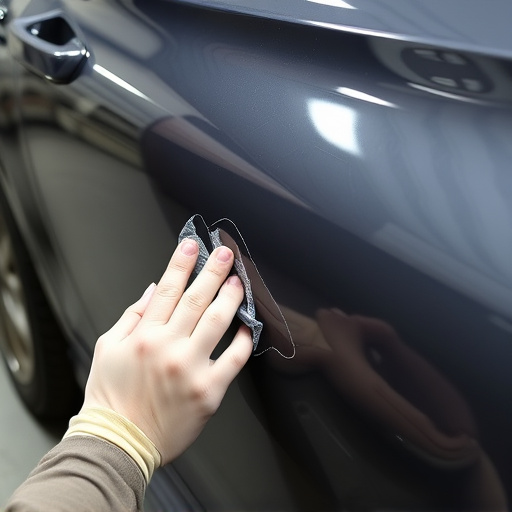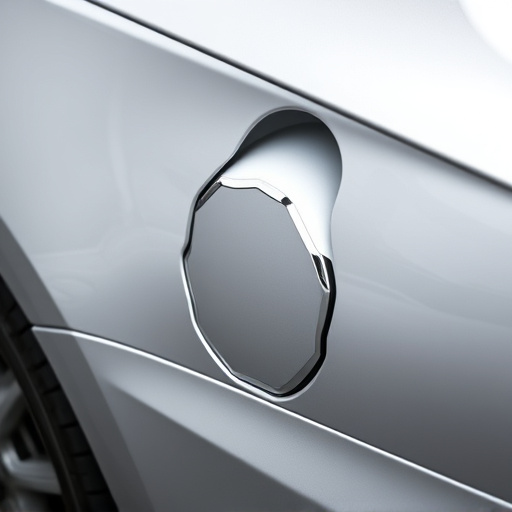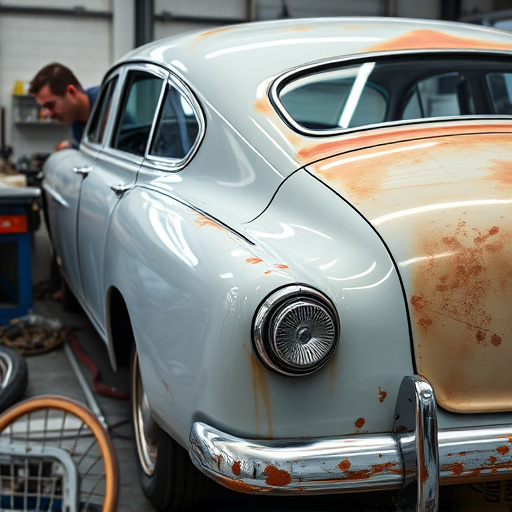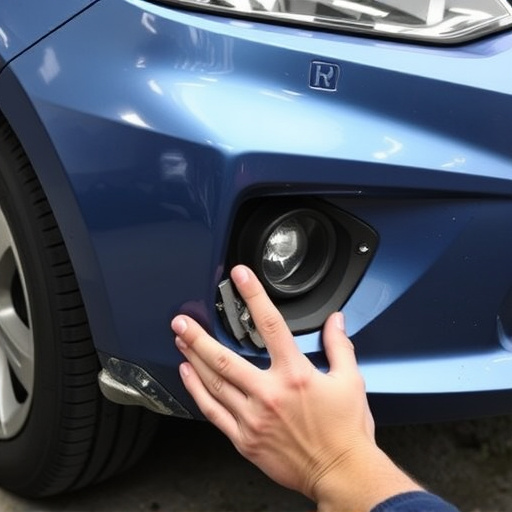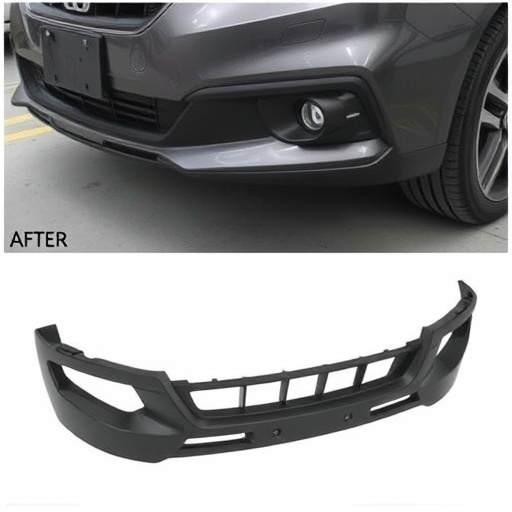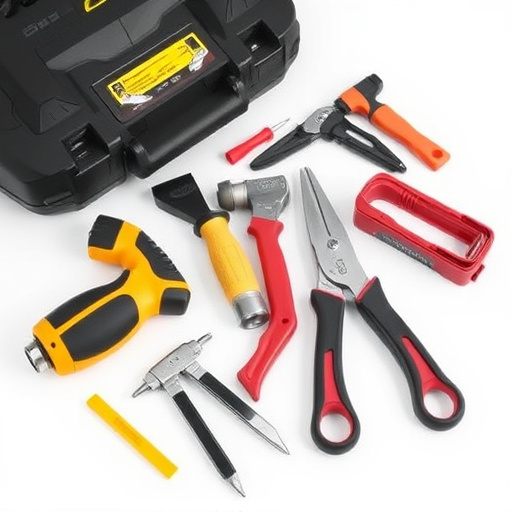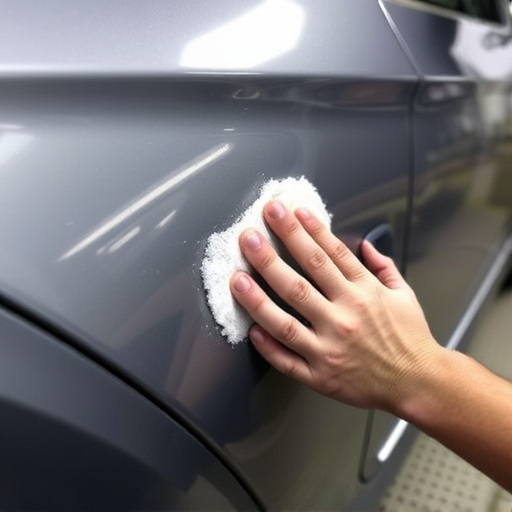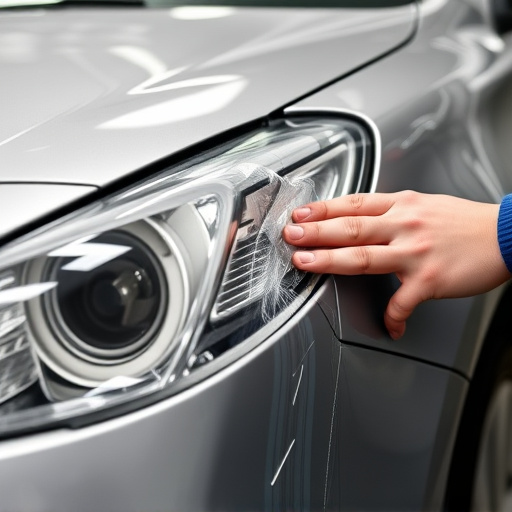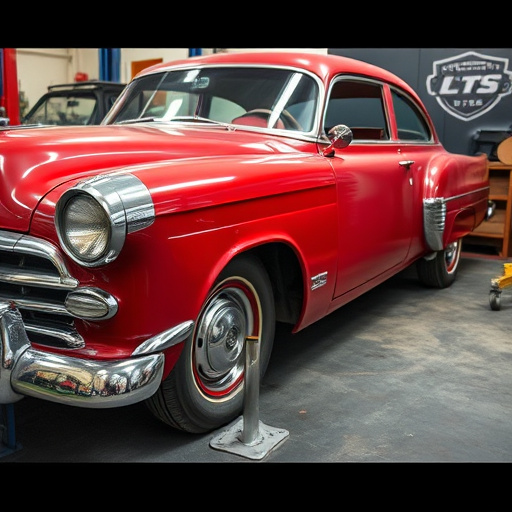Aluminum alloys, with their lightweight and robust properties, have revolutionized the automotive industry for components like doors, hoods, and fenders. Alloys such as 6061, 5083, and 7075 offer unique advantages based on mechanical needs, environmental conditions, and aesthetics. Their malleability facilitates manufacturing processes, ensuring intricate designs. Aluminum body components enhance performance, fuel efficiency, durability, and corrosion resistance, making them ideal for diverse weather and road conditions. Advanced technologies and protective coatings ensure longevity, while restoration processes maintain structural integrity and visual appeal.
Aluminum body components have become a game-changer in modern automotive design, offering significant advantages over traditional materials. This article explores the rise of aluminum in doors, hoods, and fenders, delving into the understanding of specific alloys, their lightweight benefits, and ensuring durability through innovative manufacturing techniques. By adopting these advanced materials, automakers are revolutionizing vehicle performance, efficiency, and sustainability. Discover how aluminum body components are shaping the future of the automotive industry.
- Understanding Aluminum Alloys for Automotive Applications
- Advantages of Lightweight Aluminum Body Components
- Design and Manufacturing Techniques for Durability
Understanding Aluminum Alloys for Automotive Applications
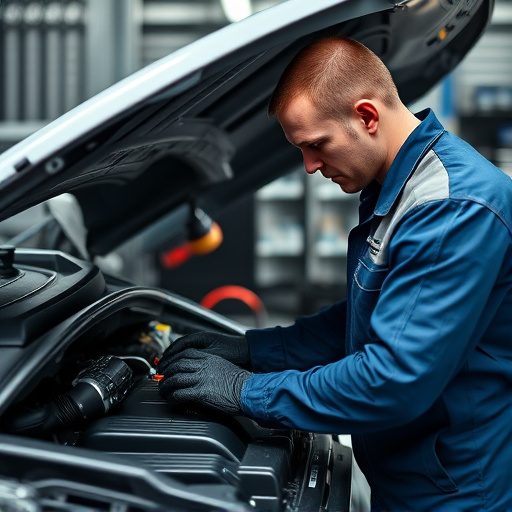
Aluminum alloys have revolutionized the automotive industry for their lightweight yet durable properties, making them a preferred choice for aluminum body components such as doors, hoods, and fenders. Understanding the unique characteristics of these alloys is crucial when integrating them into vehicle designs. The selection of the right alloy depends on various factors, including the specific application’s mechanical requirements, environmental conditions, and aesthetic considerations.
For automotive applications, common aluminum alloys like 6061, 5083, and 7075 are widely used. Each has distinct benefits: 6061 is known for its excellent corrosion resistance and strength, making it ideal for structural components; 5083 offers superior weldability and is suitable for parts requiring intricate designs; while 7075 provides exceptional strength-to-weight ratio, often used in high-performance vehicles. With proper treatment and coating, these alloys can withstand harsh weather conditions, ensuring longevity. Moreover, their malleability allows for efficient manufacturing processes, including die casting and extrusion, enabling auto body services to create intricate designs and promote seamless fitment during car paint services.
Advantages of Lightweight Aluminum Body Components
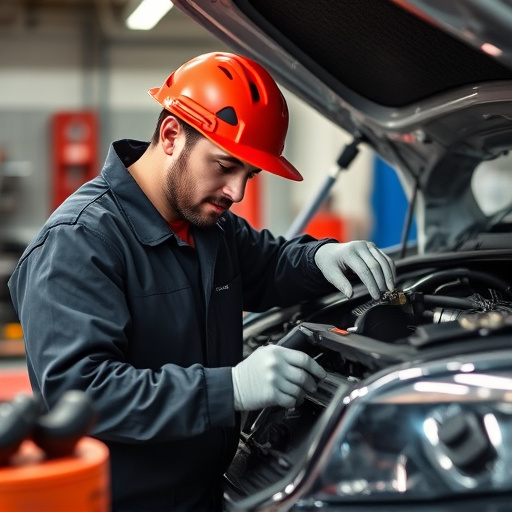
Aluminum body components offer a myriad of advantages for modern vehicles, especially when used for doors, hoods, and fenders. One of the most significant benefits is their lightweight nature, which significantly improves overall vehicle performance and fuel efficiency. In an era where reducing weight to enhance mileage is a primary focus, aluminum’s lower density compared to traditional steel makes it an attractive option. This material reduction doesn’t just cut down on a car’s weight; it also translates into better handling, improved acceleration, and reduced emissions.
Moreover, aluminum body components are renowned for their durability and resistance to corrosion. This characteristic is particularly beneficial in automotive body work, ensuring that repairs last longer without the need for frequent maintenance. The process of dent removal or dent repair becomes easier and more cost-effective when dealing with aluminum, as it retains its structural integrity even after minor impacts. This makes it an ideal material for vehicle components exposed to varying weather conditions and potential dents during daily driving.
Design and Manufacturing Techniques for Durability
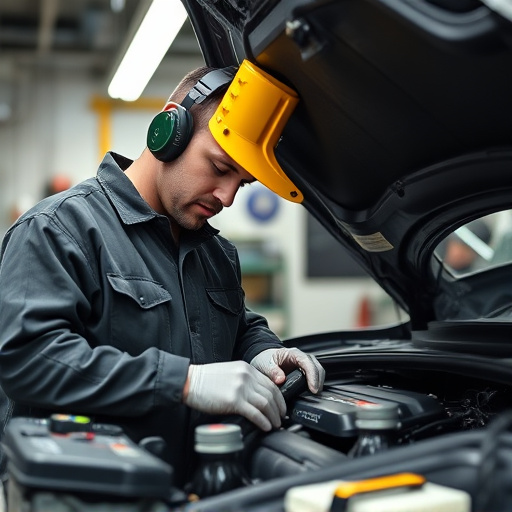
The design and manufacturing techniques employed in creating aluminum body components for doors, hoods, and fenders play a pivotal role in ensuring their durability. These components are subject to various environmental conditions, from extreme temperatures to road debris, necessitating robust construction. Manufacturers employ advanced technologies such as precision casting and CNC machining to achieve intricate designs while maintaining structural integrity. The use of high-quality aluminum alloys, treated with protective coatings and finishes, enhances resistance to corrosion and ensures a long lifespan, even under demanding conditions.
In the automotive industry, where aesthetics and safety are paramount, aluminum body parts offer a lightweight alternative to traditional steel, reducing vehicle weight and improving fuel efficiency. Processes like frame straightening and car paint repair are crucial for restoring or maintaining these components’ structural integrity and visual appeal. For instance, Mercedes Benz collision repair facilities utilize specialized equipment and techniques to address damage to aluminum body panels, ensuring the vehicle returns to its original condition with minimal environmental impact from manufacturing processes.
Aluminum body components offer a lightweight, durable solution for modern vehicles. By leveraging advanced alloys and manufacturing techniques, automotive designers can create components that not only reduce weight but also enhance vehicle performance and fuel efficiency. As the industry continues to prioritize sustainability, the adoption of aluminum in doors, hoods, and fenders becomes increasingly vital, promising a brighter future for eco-friendly transportation.
